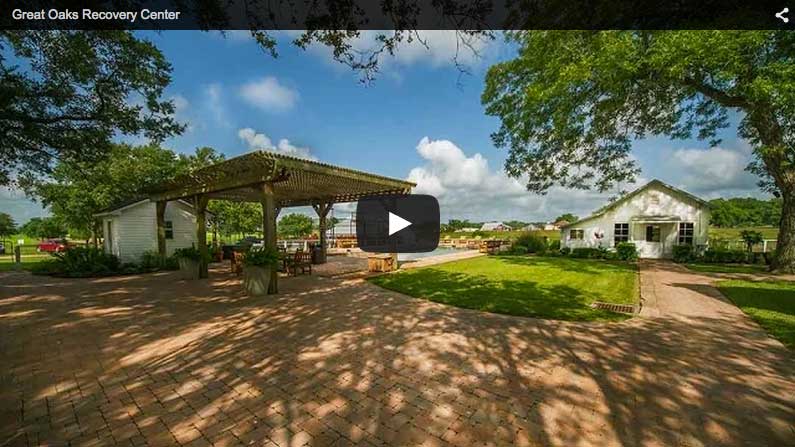 Early recovery is a challenging time for people who are looking to heal from addiction to alcohol or other drugs.
Early recovery is a challenging time for people who are looking to heal from addiction to alcohol or other drugs.
By the time your loved one gets into a residential treatment program, they may have been drinking or abusing drugs for some time. It’s not uncommon for someone with a substance abuse issue to hide the problem from those closest to them—and deny it even to themselves—for months or even years.
Each person who comes into treatment is an individual, with their own history and underlying reasons for starting to use chemicals. For this reason, a one-size-fits-all approach to helping clients get and stay clean and sober isn’t likely to be successful. Instead, Great Oaks Recovery offers a personalized plan of care for each one of its clients.
What’s Needed for Success in Early Recovery?
No matter what a particular client’s treatment plan includes, there are a number of factors needed for success in early recovery.
• Willingness to Change
Many friends and family members think that they have to wait until their loved one is “ready” to seek help for their addiction before treatment can be successful. If the decision is left completely up to the addicted person, however, they may never feel ready to seek help.
Instead, all that’s necessary is a willingness to take the first step toward sobriety. Change can be a very scary thing for many people, especially if they are thinking about giving up something that has been a coping mechanism and a source of comfort for some time. By asking an addicted person only if they are willing to take a step, the decision about going into treatment becomes a smaller one that is easier to make.
• Structured Environment
One thing that someone living with an active addiction may lack is structure in his daily life. Since a significant amount of that person’s time will be taken up thinking about, finding, and using his drug of choice before recovering afterward, there are likely to be times that are unstructured regularly. It may be challenging, if not virtually impossible, to keep a regular schedule for sleep and everyday activities.
Once an addicted person enters a residential treatment facility, he will be following a regular schedule for sleep, meals, treatment, and recreation activities each day. This type of structured environment isn’t just because the treatment center has to run on some type of schedule to stay organized. It’s also to teach clients from the outset the importance of having a routine and a balanced lifestyle.
The structured environment also keeps clients in early recovery busy. One thing that people in recovery need to avoid is becoming bored. During these times, it can be tempting to think about drugs and alcohol and remember only positive aspects of using. Someone who is bored may think that doing it again “just this once” won’t matter. Those types of thoughts can set up someone toward a slip or a full-fledged relapse.
• Support from Peers and Professionals
Anyone who is making a major change in their life such as going into recovery will need support if they are going to be successful. Clients who come into treatment at a residential treatment facility like Great Oaks Recovery get support from medical professionals and addiction counselors. They also attend group therapy sessions where they can interact with their peers and get the benefit of their insights.
It takes time and effort to make a major life change, like seeking help for an addiction. This is not something that anyone can be expected to do overnight, and they definitely shouldn’t be expected to do it alone. Like anything worthwhile, it takes patience. With the help and support of the professional staff at Great Oaks Recovery, your loved one can make the positive changes he is seeking.


